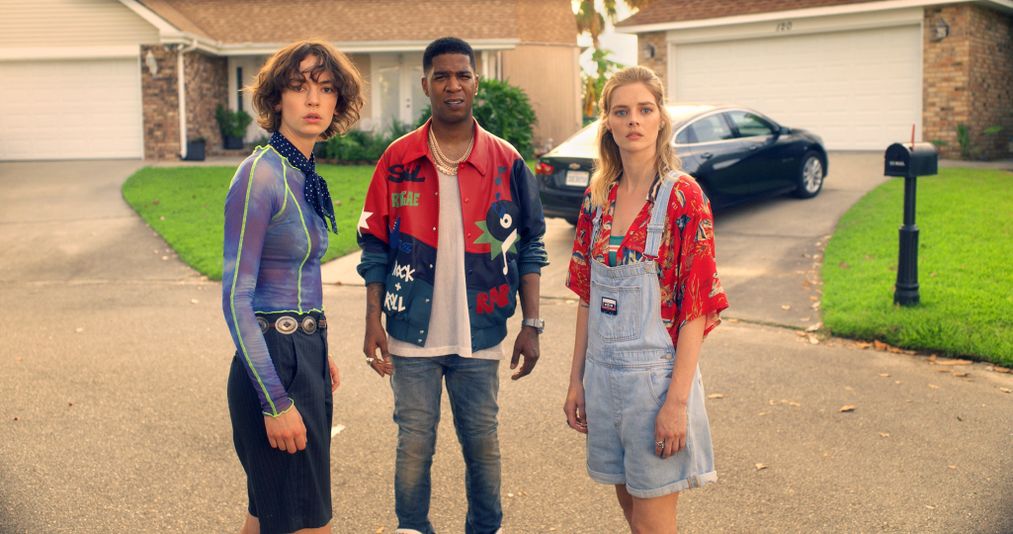There’s a risk with all sequels — but maybe especially sequels picking up years after a franchise went dormant — of doing either too much or too little.
Tread too lightly, and it all feels a bit pointless. Pile on too much, and the narrative sags under a weight it wasn’t designed for. Update with the times, but don’t change too much; give the fans what they want, but surprise them at the same time.
It’s a tough balance to strike, and lots of great-on-paper ideas have found themselves tipped too far in one direction or another. But Bill & Ted Face the Music is one that not only gets it right, but makes it look easy. It pushes the franchise into new territory while recapturing the goofy magic of the first two films — and in doing so, reminds us that Bill & Ted is a series for all seasons.
The secret ingredient of Bill & Ted Face the Music is the open-heartedness with which it embraces the journey.
Face the Music picks up decades after the events of Bill & Ted’s Bogus Journey to reveal that Bill and Ted did not, in fact, go on to fulfill their destiny of creating music that would unite the entire world and usher in a new utopian age. Instead, they’ve spent that entire time trying and failing to do so. They’re now well into middle age, with kids older than they were when they first turned to that phone booth for help with a history project, and apparently no closer to nailing that perfect song.
There’s a whiff of poignancy in seeing these guys reckon with the fact their lives didn’t turn out the way they’d hoped, but rather than dwell on the tragedy of their circumstances, Face the Music transforms it into something urgent and ultimately affirming. In any case, they don’t have time to think about it too hard: A visit from Rufus’ surviving family members (Rufus himself, once played by the late George Carlin, is relegated to a tasteful hologram appearance) reveals that no less than the survival of all of space and time rests on Bill and Ted’s ability to finally get it together and produce that song within the next 77 minutes and 15 seconds.
So the dudes set off on a time-hopping adventure, going deeper and deeper into the future to find some version of themselves that’s got it all sorted out. Meanwhile, their daughters, Billie (Brigitte Lundy-Paine) and Thea (Samara Weaving), venture into the past to mine talent and inspiration for their dads’ all-important music. (In a smart, sweet touch, their project illustrates the ways every era of music builds on and connects to the one before it.)
Image: MGM
